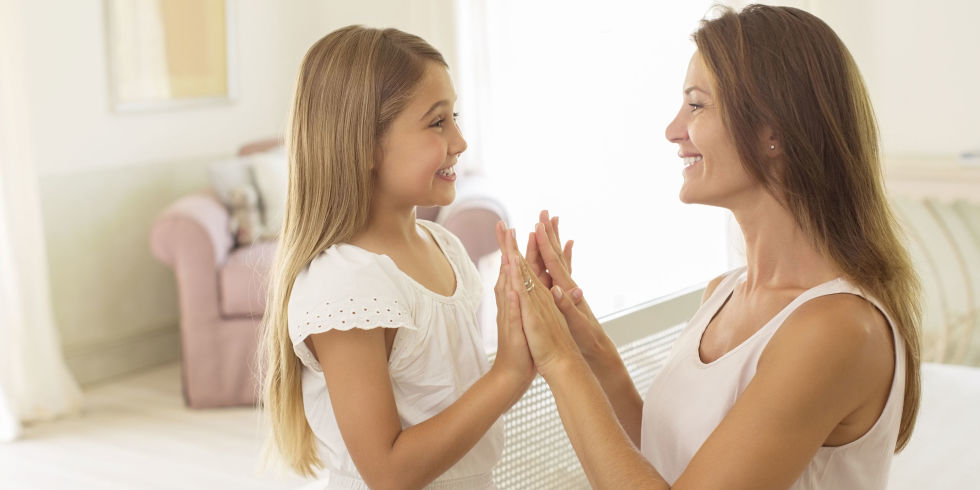Any mother will tell you that parenthood is full of untold joy, but still comes with its fair share of struggles, from worry to having so little sleep you cry at the mention of a ‘lie in’.
But, as science tells us, the positives of motherhood seem to outweigh many of the negatives…
While a recent research suggested that women with children are no happier than their child-free counterparts, numerous studies have also proven that being a mum can have some pretty phenomenal effects on our lives.
Whether you’re a mother yourself or just fancy knowing how your very existence has benefited your mum, here are seven reasons why motherhood officially rocks…
1. Lower risk of cancer
Motherhood has been shown to lower your chances of developing numerous types of cancer. Cancer Research UK reports that breastfeeding reduces your risk of getting breast cancer, perhaps because it alters the cells in your breasts, making them more resistant to the disease.
Additionally, a 2015 study by Oxford University showed that a woman’s risk of developing ovarian cancer is reduced with every child she has, while studies on womb cancer show that having kids reduces your risk of developing it by more than a third, reducing further for every child you have.
2. Happier in middle age
While several studies have shown that being a parent doesn’t necessarily make you any happier, especially in those early years, it looks like having grown-up children may positively affect your wellbeing.
A 2011 study published in the journal Population and Development Review showed that, after the age of 40, the more children a person has, the happier they are.
3. Better memory
While we’re most likely to associate pregnancy with negative effects on the body (*read: weight gain and stretch marks), it turns out that giving birth offers one pretty incredible benefit: a bigger brain…
That is, a 2015 study from the University of Western Ontario revealed that pregnancy boosts the amount of grey matter in our brains, which can improve your memory. So much for ‘baby brain’, ey?
4. Longer life expectancy
It also looks like having kids might help women live for longer but (and here’s the catch) only if you give birth slightly later in life…
A 2016 study by scientists at the University of California San Diego School of Medicine revealed that women who have their first child after the age of 25 have an 11% higher chance of reaching the age of 90.
Good news for many us when you consider that the average age of first time mums in Britain is only going up, hitting 28.6 according to the latest ONS figures.
5. More productive at work
We often assume that working mums can be more stressed than their child-free colleagues, but a 2014 study showed that they might actually be better at their jobs…
All that juggling is clearly paying off because working mothers seem to be more productive in the office, according to research by the Federal Reserve Bank of St Louis in the US, which showed that productivity goes up as your kids get older, and that mums with two kids are the most effective of all.
6. Reduced risk of diabetes – if you breastfeed
Yep, according to the results of a 30-year US study, it looks like mothers who breastfeed for six months can cut their chances of developing type 2 diabetes by a significant 47%. And, even those who had breastfed for less time than this were shown to have a 23% reduced risk.
It seems that the hormones involved in lactation may have an influence on the cells that affect our insulin levels, and our blood sugar levels in turn.
7. Better habits
It makes sense when you think about it, but a survey of 20,000 mums by the parenting site Baby Center revealed that the majority felt they had adopted healthier habits as a direct result of becoming a mother.
This included eating more healthily, exercising more regularly, taking better care of their mental health and even driving more carefully.
On top of this, the poll revealed that the vast majority had also given up unhealthy habits, including smoking and binge drinking.













